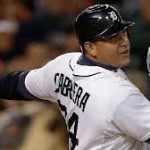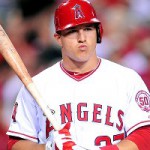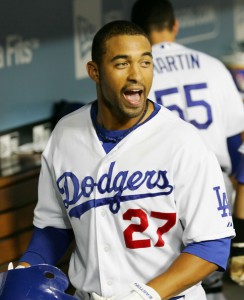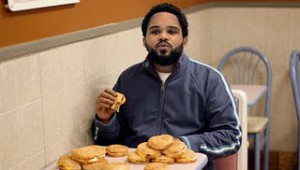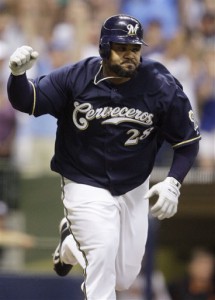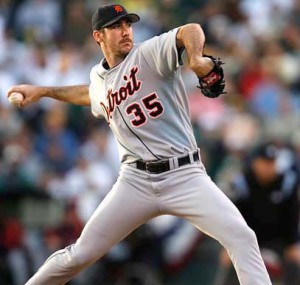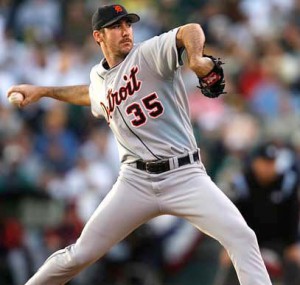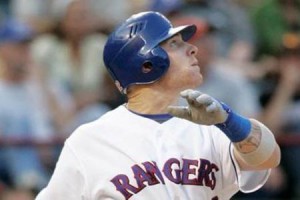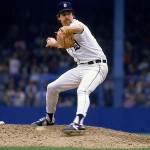
Its Hall of Fame ballot time. Let the Jack Morris arguments start-up again. Photo John Iacono via si.com
(coincidentally, this is the exact same picture and exact same caption as I used last year. Nothing w/r/t Morris has changed).
Every year about this time comes the inevitable Jack Morris battles when it comes to deciding whether or not he’s a Hall-of-Famer. Those who argue against him (and argue they do, rather loudly, as exemplified by writers such as David Schoenfield, Rob Neyer, and Joe Posnanski and easily found at nearly any baseball blog, almost all of which are extremely anti-Morris) typically point at Morris’ career ERA, his ERA+, his career WAR and then argue that he was actually a mediocre pitcher. They have all sorts of arguments against “pitching to score” and even make arguments that middling starters from the 90s are actually “better” than Morris.
My one overriding opinion on the whole “Hall of Fame” worthiness argument is that the stat-inclined seem to be missing the whole point of the “Hall of Fame.” It isn’t defined as the “Hall of the Best Statistically Significant players above some arbitrary benchmark.” If it were, then arguments comparing Morris to Rick Reushel or Brad Radke (both of whom have higher career WARs than Morris) would be important. (side note: Ironically, this is the same distinction that these people generally also miss when talking about the “Most Valuable Player” award; it isn’t the “Best Player” its the “Most Valuable,” and therefore you can’t just give me a gazillion stats that tell me why Mike Trout had a better season than Miguel Cabrera and call me an idiot for saying that Cabrera was the MVP this year. How can you be the MVP of a 3rd place team that would have still been a 3rd place team with or without you? How can you be the “most valuable” player in the league but have zero impact on your team’s standings or the playoffs? But I digress).
No; its the Hall of FAME (emphasis mine). It should be the Hall of the most FAMOUS people in the game’s history. And inarguably Jack Morris is more famous than either Reushel or Radke (since these two pitchers are often used in comparison). And since its baseball writers themselves that a) remember Morris as being better and more famous than he was according to specific career-measuring stats like WAR, and b) do the voting themselves, its likely that Morris may very well get into Cooperstown despite other people feeling that he’s a lesser pitcher. Its why a pitcher like Catfish Hunter has been elected already, despite his having even worse career numbers (in the sabre-slanted statistical categories that the new-wave know-it-all bloggers constantly refer to) than Morris. I can’t recall ever reading one single article talking about how bad it is that Hunter is in the hall of fame, but it seems that EVERY single baseball blogger and columnist out there under the age of 30 has written multiple times about how its the death of the legitimacy of the Hall of Fame if Morris makes it in. I just don’t get it.
A lot of these arguments seem to be driven by one stat: Career WAR. People look at that one overriding stat and make their arguments. My biggest problem with career WAR is its “accumulator nature.” It rewards a healthy, mediocre pitcher who makes a ton of starts and accumulates a ton of strikeouts and wins and innings pitched. Meanwhile a better pitcher with a higher peak who ends his career earlier won’t “score” as high in career WAR.
The two pitchers in particular i’m looking at in the above paragraph are Bert Blyleven (career bWAR of 89.3) and Pedro Martinez (career bWAR of 80.5). There is not one person in their right mind that would say with a straight face that Blyleven was a “better” pitcher than Martinez. But, if you look at the WAR without context you’d argue that was the case.
Blyleven during his career, for those of us actually old enough to have seen him play, was a mediocre pitcher. Plain and simple. In 22 seasons he made 3 All Star teams and received Cy Young votes only 4 times, never coming close to sniffing the award. Morris on the other hand, received Cy Young votes in 7 of his 18 seasons and started the All Star game 3 times. Morris STARTED more all-star games than Blyleven ever made. Blyleven was traded for relative nobodies a number of times in his career, and the prevailing press of the day referred to him as a middling pitcher. Only after he’s retired, when we “discovered” statistics like ERA+ and FIP and realized he was better than his numbers at the time indicated did we make the push for him into the HoF.
Why do I point out All Star appearances and Cy Young voting? Because in the context of the Hall of Fame discussion, they’re important. You can quibble about the meaning of all star appearances (certainly they’ve been diluted in the last 20 years) and cy young votes all you want, but the fact is this: if you REALLY want to know who the writers felt were the best players of their day, then all star appearances and Cy Young/MVP voting is vitally important.
But here’s my main point: why can’t the Hall recognize BOTH the likes of Blyleven (better than people realized at the time) AND also recognize Morris (overrated statistically but still historically significant and thus “famous” enough for enshrinement)? Why do people devote so much time towards disparaging the case for Morris? Yes, Morris gets undue credit for his fantastic 1991 World Series Start, for leading the 1984 Tigers, for leading the 1980s in Wins. If you ask any player or manager in the game at the time, they’d likely tell you Morris was one of the best. But these are all the same aspects that make him “Famous” and thus a likely candidate for the Hall of FAME. These are the same reasons why a fine pitcher like Curt Schilling, who also was part of some iconic moments in the game’s history, also should be in Cooperstown (in my opinion).
I just feel like the nature of sports writing has come to the point where people use statistical measures as the be-all, end-all proof of everything in baseball. And then they forget that the game is played by humans, that there are ALWAYS some things that cannot be measured, and just because some statistic has been cheapened in today’s game (I’m thinking of the pitcher Win) does not mean it was always cheapened. I know there’s people out there who wrote doctoral thesises about how Morris never “pitched to score.” But how do you measure a pitcher who knows he’s gotta go 9 innings, who knows he’s not getting pulled in the 6th inning for a lefty-on-lefty matchup, who knows he’s more likely to throw 160 pitches than 95? I absolutely think there’s something in the “pitching to score” arguments, if only because I have played with pitchers who absolutely would coast through games when they got a lead, or who would “take innings off” against in order to preserve their arm to go 9 full innings. Unless you had a biometric measure on every single pitch Jack Morris ever threw, correlated to the weather, the score, his team’s bullpen status and his manager’s whims, you can NOT tell me that Morris did or did not pitch to score, let up with a big lead, or cruise through innings knowing he may have to go 9 on a 100 degree day. Just because you can’t prove something mathematically doesn’t mean it still doesn’t exist. Tom Verducci did an excellent piece recently on Morris and his innings pitched and complete games in context, somewhat related to this topic.
Morris comes from a transitionary time in baseball, before specialized relief pitchers, before the power of the 90s and before PEDs. He comes from a time severely under-represented in the Hall (think of players like Dale Murphy, Alan Trammell, Denny Martinez, Orel Hershiser and Bret Saberhagen: these were the stars of the 80s and some of them barely got 2% of the HoF vote), a side-effect of the ridiculously talented players we saw in the 90s and thus victims of the inevitable comparisons, falling wanting. He holds an important place in the history of the game, in the narrative of the 1980s, and of the fantastic 1991 World Series. Cooperstown is a museum, not a spreadsheet.
Call me ignorant, call me old school. Whatever. Maybe I’m just tired of the negative rhetoric. I say “Elect Jack Morris.”
